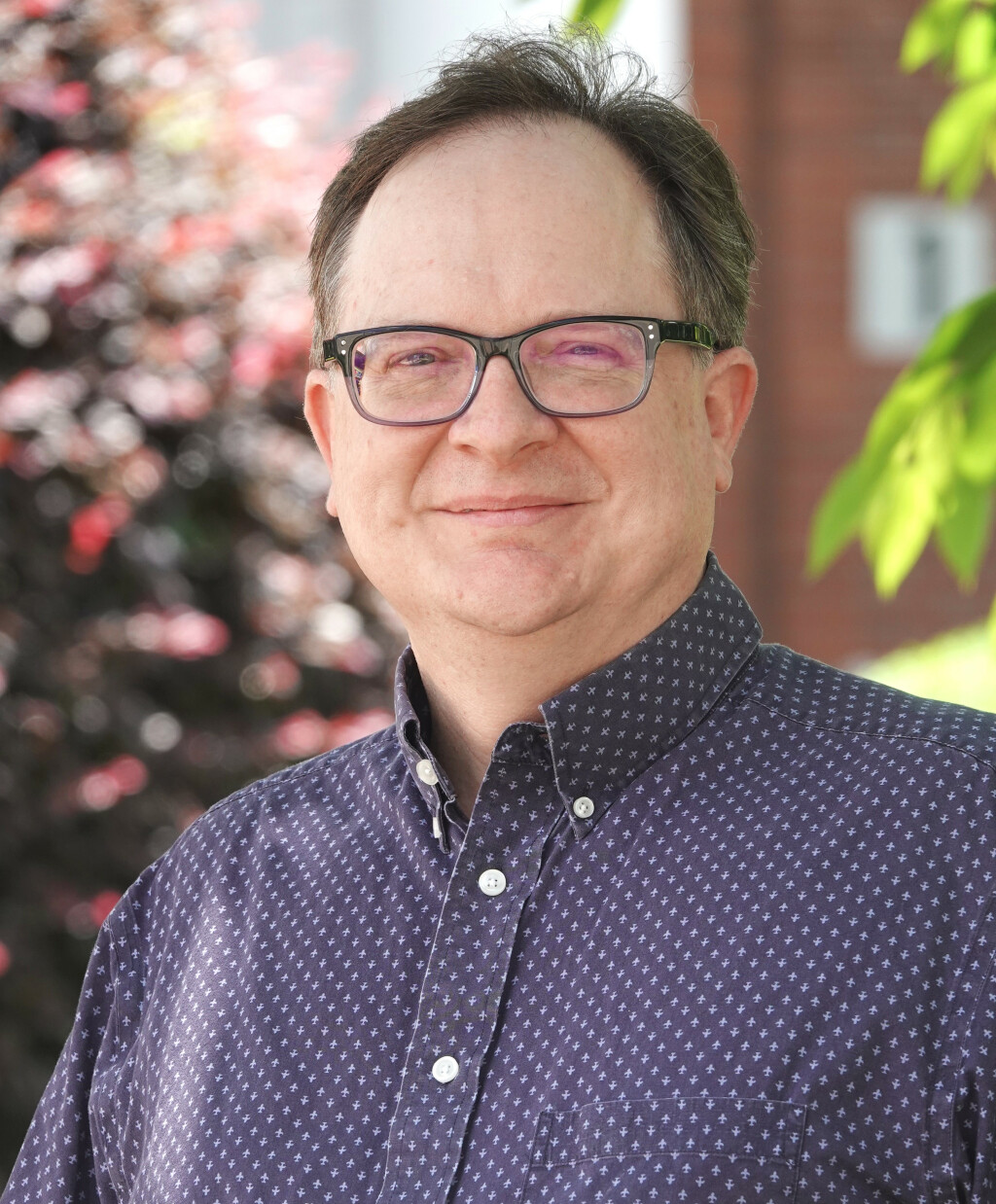"What's a Deacon?" "How is a Deacon different than a pastor?"
I've been asked lots of questions since I've arrived at WUMC, but questions about being a Deacon are probably the most asked! So, I'm going to try to answer that for you here, or at least begin to (feel free to ask additional questions about Deacons or anything!).
Now, I understand that I'm not WUMC's first Deacon. Rev. Todd Query and Rev. Nancy Robinson are also United Methodist Deacons. So, as you can already see, Deacons are reverends -- fully ordained clergy -- but a different "order" than Elders. Pastor Dave and Pastor Meghan (and many of our wonderful, retired UM clergy at WUMC) are ordained Elders (and two have been elected as bishops -- more on bishops another time).
Since 1996, as part of our United Methodist ordination process, those seeking ordination need to discern whether God is calling them to the Order of Deacon or Elder. What's the difference?
"Elders are ordained to a lifetime ministry of Word, Sacrament, Order, and Service." For the ministry of "Word," Elders are called to teach and preach the Gospel and provide pastoral care and counsel. Being called to "Sacrament" means Elders can baptize and consecrate elements for Holy Communion. The ministry of "Order" pertains to ordering the life of the Church for the service of mission and ministry. As such, lead, associate, or solo pastors are most often elders or licensed local pastors (more on LLPs another time), and Elders are considered "itinerant." This means that Elders are "sent" by the by the bishop in consultation with a cabinet of district superintendents to serve a particular church or ministry. The DS consults with the local church to discern leadership needs, but the ultimate authority in appointing a Pastor to a congregation belongs to the bishop. So, the bishop of the Virginia Conference may move Pastor Dave or Pastor Meghan to another appointment at any time. The ministry of "Service" pertains to "leading the people of God in worship and prayer, by leading persons to faith in Jesus Christ, by exercising pastoral supervision, and by ordering the Church in mission in the world."
Deacons, like Elders, are also called to lifetime ministry of Word and Service, but in addition, Deacons are also called to Justice and Compassion. Deacons are to "exemplify Christian discipleship and create opportunities for others to enter into discipleship. The work of Deacons is a work of justice, serving with compassion as they seek to serve those on the margins of society. In the congregation, the ministry of the Deacon is to teach and to form disciples, and to lead worship together with other ordained and laypersons." And an important role of the Deacon is to serve as a bridge, leading the local congregation into ministry with the greater community and world.
So, notice that Deacons are not called to the ministry of "Sacrament." As such, a Deacon generally cannot baptize or consecrate the elements for Holy Communion (though a bishop can authorize a Deacon to perform the Sacraments in given situations). Likewise, Deacons are not called to the ministry of "Order", so very seldom will you see a Deacon serving as solo pastor of a UM church. I have on two occasions served as an interim lead pastor for a few months during a pastoral sabbatical and between appointments of Elders to a congregation. I have known of a few Deacons who served as solo pastors of local congregations when there was a shortage of Elders or licensed local pastors, but that is rare. In addition, Deacons are not itinerant as Elders are. Deacons must find their own positions and be hired by a local church or extension ministry and seek approval from the bishop to serve in that position as appointed clergy.
The ordination process is virtually the same for both, except for a few of the questions that pertain to the differences in ministry between the Deacon and Elder. An Elder must have a Master of Divinity degree (or equivalent). A deacon must have a Master of Divinity degree OR a master's degree in an area of specialized ministry (and candidates for Deacon over the age of 35 with certain experience and specialized training can also be ordained).
The titles of "Pastor" and "Minister" tend to be more localized. In one of my appointments, I was titled the Pastor of Discipleship and later Christian Education Pastor. At my last appointment, I was the Deacon of Discipleship, and here at WUMC, I'm the Minister of Discipleship.
Clear as mud?
I'm reminded of one colleague (an Elder) who in all of his appointments would include this in the bulletin and newsletter:
Ministers -- All the People
Clergy -- Rev. ______________
So, even as I am called to be a Deacon (Zach Griggs, our new Family Ministries Coordinator, is discerning a call to Deacon!), and Pastor Dave and Pastor Meghan are called to be Elders, we are ALL called in our baptism to be in ministry, to participate in "making disciples of all nations" as Jesus calls us. I know I speak for all of our staff that we are honored and privileged to be in ministry with you -- YES YOU -- to this congregation and to the world! Thanks be to God for our shared ministry.
In God's Grace,
Deacon Troy Sims
* Longer quotations from The Book of Discipline of the United Methodist Church: 2016.


